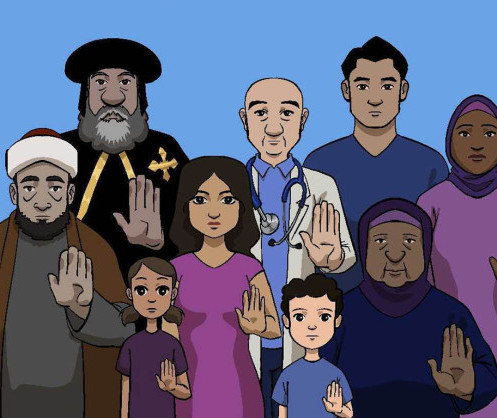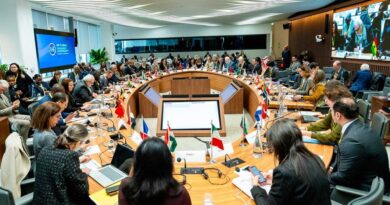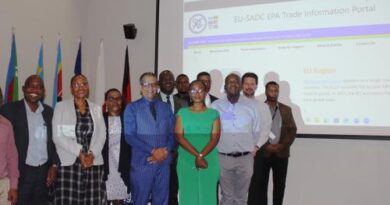Sudanese Migrants in Egypt Rethink FGM as New Study Reveals Shifting Attitudes
Since the eruption of Sudan’s civil war in April 2023, over a million Sudanese have fled to neighboring Egypt in search of safety. As they rebuild their lives in a new country, a new study has found that many Sudanese migrants are beginning to challenge long-held cultural practices—particularly Female Genital Mutilation (FGM), which remains prevalent in both Sudan and Egypt despite existing legal bans.
The study, Female Genital Mutilation Amongst Sudanese Migrants in Greater Cairo: Perceptions and Trends, was conducted by Equality Now and Tadwein for Gender Studies. Through in-depth interviews with Sudanese migrants, the research reveals a complex but promising shift in attitudes.
While some community members continue to see FGM as a symbol of cultural identity and purity, many—especially younger, educated individuals and women who have suffered the consequences of the practice—are voicing strong opposition to it.
Economic challenges, legal deterrents, and a desire to integrate into Egyptian society have also contributed to changes in perception. “We are seeing a quiet but powerful transformation,” said Dr. Amal Fahmy of Tadwein. “Women are choosing to protect their daughters, prioritizing food, shelter, and education over cultural expectations.”
Still, the study found that some families cling to traditional beliefs. Within the Sudanese community in Egypt, nicknamed “Small Sudan,” older women often continue to make decisions about FGM and are less likely to be swayed by legal or health-related arguments.
Misinformation about religion also fuels the practice, with some mistakenly believing that certain forms of FGM are required in Islam.
According to Dr. Dima Dabbous of Equality Now, migration offers both challenges and opportunities for change. “Our study reveals how Sudanese migrants are negotiating long-held practices in new environments. Understanding this transition is crucial to developing effective, culturally sensitive interventions.”
While Egypt has stringent anti-FGM laws—including prison sentences for both practitioners and parents—enforcement remains weak. Many families are reluctant to report cases, fearing legal repercussions for loved ones. Additionally, the trend toward medicalization of FGM is growing, especially in Egypt where 74% of FGM procedures are reportedly carried out by health professionals.
Experts warn that this trend falsely legitimizes the practice without addressing its human rights violations and lasting harm.
The study offers a series of recommendations to help end FGM among Sudanese migrant families. These include increasing awareness about Egypt’s anti-FGM laws, empowering parents—especially mothers—with knowledge and tools to resist societal pressure, and engaging trusted community figures such as elders, midwives, and faith leaders to drive change. Importantly, the report calls for efforts to dispel religious misconceptions and promote gender equality.
Ending FGM in migrant communities will require a community-centered and holistic approach that addresses the social, economic, and cultural dynamics at play. Equality Now is urging governments, civil society, and health professionals to invest in ongoing research and targeted advocacy to accelerate progress toward ending this harmful practice.



